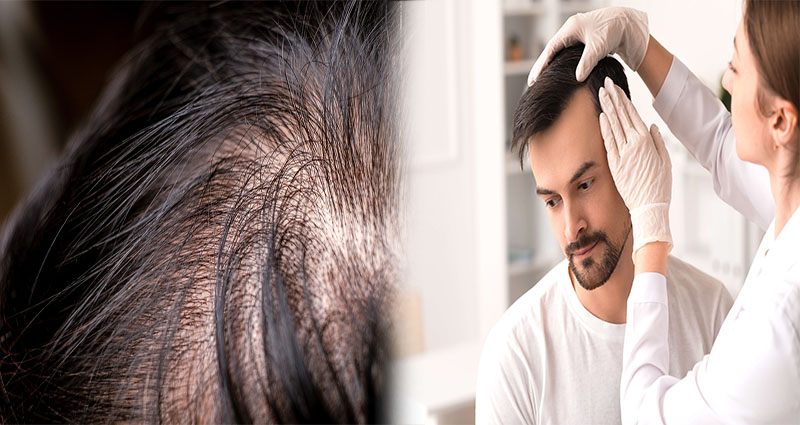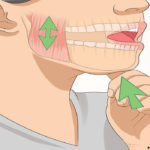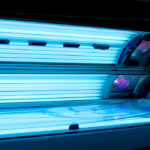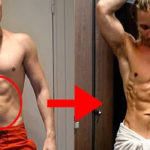Thinning hair and hair loss can be distressing for both men and women, and one common underlying cause can be vitamin deficiencies. Identifying these deficiencies is crucial in addressing the issue and promoting healthy hair growth. Here are some important vitamins to consider and how to recognize potential deficiencies that may be contributing to thinning hair and hair loss.
1. Vitamin A
While vitamin A is essential for hair growth, an excess of it can actually lead to hair loss. Signs of a vitamin A deficiency include dry, itchy scalp, and hair that looks dull and lacks moisture. Conversely, an excess of vitamin A may lead to hair thinning and shedding.
2. B Vitamins (Biotin, B12)
Biotin (B7) and B12 are crucial for maintaining healthy hair growth. A deficiency in biotin can result in brittle hair and hair loss, while a lack of vitamin B12 can lead to premature graying and thinning hair. Symptoms of deficiency may include hair loss, fatigue, and weakness.
3. Vitamin D
Vitamin D plays a role in hair follicle cycling and hair growth. A deficiency in vitamin D can lead to hair thinning and hair loss. Symptoms of deficiency may include hair loss, fatigue, and muscle weakness.
4. Vitamin E
Vitamin E is a powerful antioxidant that helps protect hair follicles and promote hair growth. A deficiency in vitamin E can lead to damaged hair follicles and thinning hair. Symptoms of deficiency may include dry, brittle hair and scalp problems.
5. Iron
Iron deficiency, also known as anemia, is a common cause of hair loss. Iron is essential for carrying oxygen to the hair follicles and promoting healthy hair growth. Symptoms of iron deficiency anemia may include excessive hair shedding, brittle nails, fatigue, and pale skin.
6. Zinc
Zinc is essential for maintaining healthy hair follicles and promoting hair growth. A deficiency in zinc can lead to hair thinning and hair loss. Symptoms of deficiency may include brittle hair, slow hair growth, and scalp problems.
7. Protein
Protein is crucial for building strong hair strands. A lack of protein in the diet can lead to weak, brittle hair and hair loss. Symptoms of protein deficiency may include hair thinning, slow hair growth, and hair breakage.
How to Identify Vitamin Deficiencies
If you suspect that a vitamin deficiency may be contributing to your thinning hair or hair loss, it is important to consult with a healthcare professional for proper diagnosis and treatment. Blood tests can help identify deficiencies in vitamins and minerals that may be affecting your hair health. Additionally, keeping track of your symptoms, diet, and lifestyle habits can provide valuable insights into potential nutrient deficiencies that may be impacting your hair.
By understanding the role of vitamins in promoting healthy hair growth and recognizing the signs of deficiencies, you can take proactive steps to address underlying issues and support optimal hair health. A balanced diet, supplementation when necessary, and regular monitoring of your nutrient status can help you maintain strong, healthy hair and combat thinning hair and hair loss effectively.










